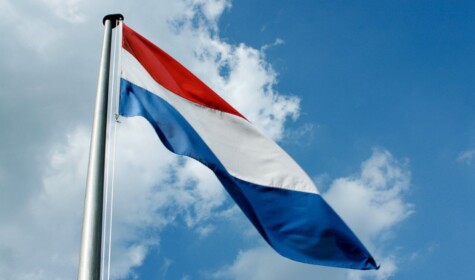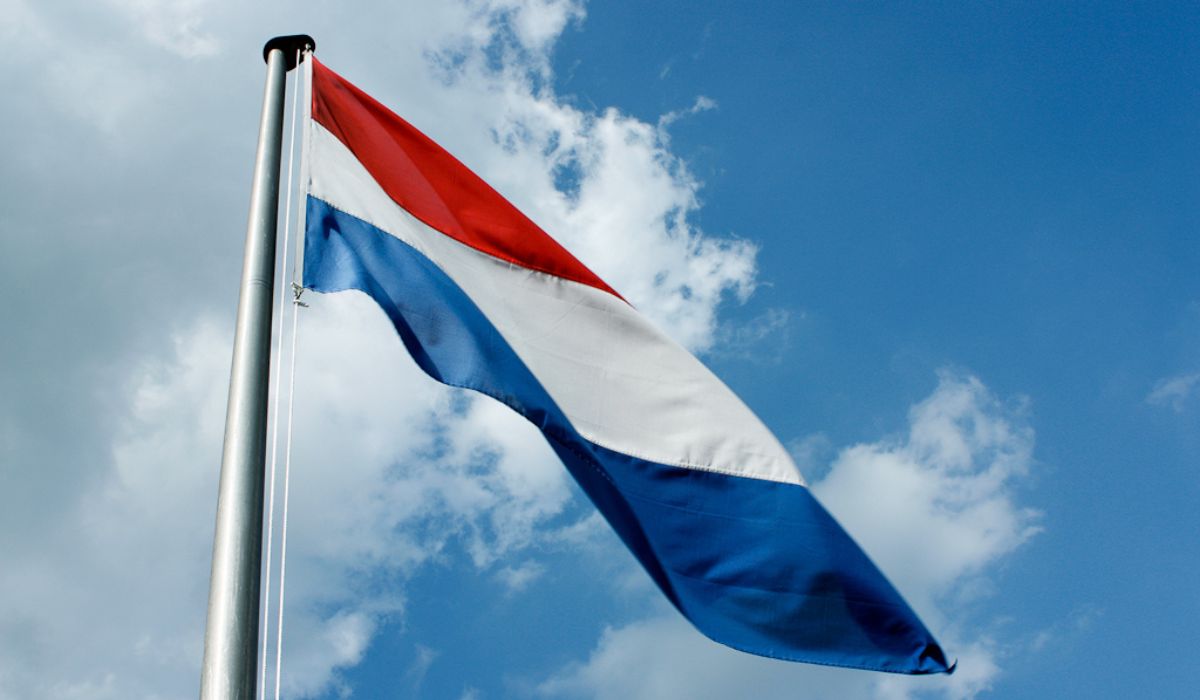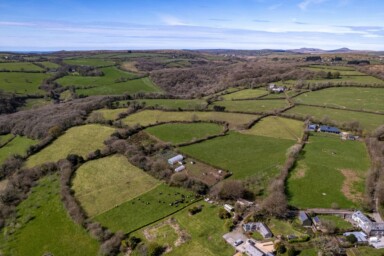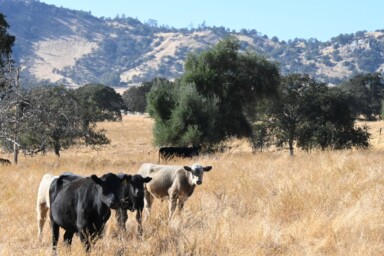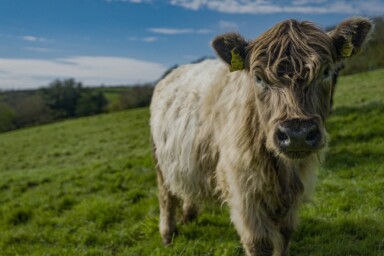The problem
For decades, in the Netherlands, government policy has promoted the intensification of the livestock sector, and a lack of intervention in the market has meant that prices have been pushed down, leaving ever-greater intensification as the only means to stay afloat for many. The Netherlands have Europe’s highest livestock density, with 3.8 ‘livestock units’ (a measure of animal numbers) per hectare of agricultural area, which, being a small country, leaves it with a huge issue when it comes to the volume of waste these animals produce. When manure and urine mix, ammonia, a compound of nitrogen, is released, and can damage natural habitats and result in air pollution. While the focus of much of the coverage has been on dairy farms, pig farms in the Netherlands, in particular, are also a major source of nitrogen and phosphate pollution, with much of the nitrogen coming in the form of high protein soybean meal, often imported from recently deforested areas in South America.
Over the years, environmental problems associated with intensification have been largely ignored, but now that Dutch courts have insisted that the pollution problem be tackled now, the Government has found itself scrabbling for a solution, and Dutch farmers feel they are being unfairly targeted as the source of the majority of the reductions. Government proposals for agriculture appear to have been quite vague and very poorly communicated, with last-resort proposals around the compulsory purchase of farmland and aims to cut livestock numbers by 30% (and in some places by much more). It’s been estimated that 11,200 farms of the 52,000 in the Netherlands will have to close, and a further 17,600 would have to drastically reduce their herds – figures which have understandably prompted a lot of anger.
This is likely to result in smaller farmers being driven out of the industry, with large farms getting even bigger as a result. It is something wider proposals in the EU and UK are also likely to see. The SFT sees this as extremely damaging, as small farms are generally more diverse and there are more people working on the land and with animals on smaller farms, than on larger ones. In the case of dairy farms, ever-increasing herd size results in cows being kept on concrete for most of the year, something we feel has negative consequences for both animal welfare and biodiversity.
There is increasing political pressure for agricultural reform in the EU, including a push to use less nitrogen fertiliser, fewer pesticides and less antibiotics. While we strongly support these reductions and would like to see them happening here in the UK, we understand why farmers who have been encouraged by previous farming policies to develop systems that depend on these inputs, now feel their way of life and their investments are threatened.
Some are also protesting about changing legislation to discourage biogas production. There is a growing awareness that farmland should predominantly be used to grow food rather than fuel, but farmers who have invested money in the production of methane gas from anaerobic digesters (AD), in many cases with former government encouragement, are understandably concerned that their investments will no longer be profitable. The SFT is in favour of using AD to produce renewable energy from livestock manure, as the manure itself can still be spread back on the land, but it does not support the widespread practice of growing maize and other crops specifically to feed anaerobic digesters, because this degrades soils and comes with a range of other environmental costs.
Another focus of the protests is the high costs of fuel and fertilisers, about which little can be done at present, but that could affect food supplies in the future where farmers calculate that production costs will exceed the value of the crop – something which could increase food prices further and even result in shortages of some products on supermarket shelves.
The proposed solution and its problems.
Reducing livestock numbers in such an intensively farmed country is almost certainly going to be necessary if the Netherlands is to get a grip on their ‘nitrogen emergency’. A shift to mainly pasture-based, high welfare forms of livestock production would lead to an overall reduction in livestock numbers, extensifying and diversifying production, and for many rural communities would be a much better alternative to farms being taken out of production. For this to happen a number of actions by governments and retailers, and a change in consumer demand, would need to take place to make sure this sort of change is financially viable.
We’re in agreement with the protesting farmers’ argument that the progressive withdrawal of financial help for food production (something that is occurring in the UK at present even faster than in the EU), needs to be part of what we describe as a ‘just transition’, to ensure smaller farms which have a positive impact on communities and nature, are able to survive
While major changes are definitely needed and we must do more to reduce environmental pollution and encourage biodiversity, it is essential this is done in a way that maintains sustainable food production and benefits rural communities, while moving populations as a whole towards healthier diets. Financial support for food production is being withdrawn in the UK even faster than the EU. Failure to support farming systems which improve outcomes for nature and climate will impact consumers as much or even more than farmers themselves.
If farming policies aren’t developed in collaboration with the farming community (even if the policies are well-intentioned and their goals are ultimately necessary), they’ll see huge pushback, as has happened in the Netherlands. We find it regrettable that farmers have to resort to direct action which, like strikes, causes great disruption to the lives of people. The attempt by far-right groups and climate change sceptics to use these protests to further their own agendas is also deeply concerning. Sadly, though, it often takes disruption before governments start to listen to a minority, which is what farmers now are.
